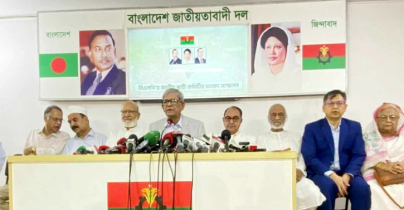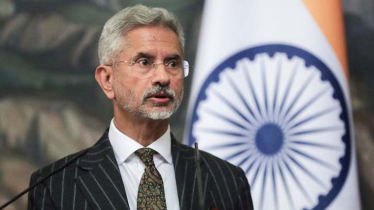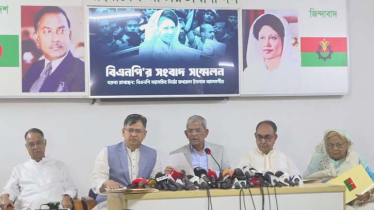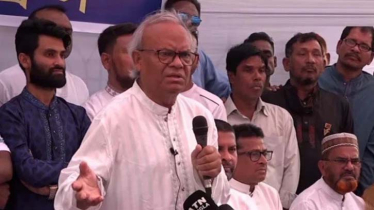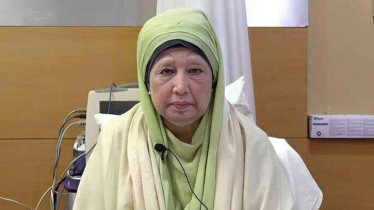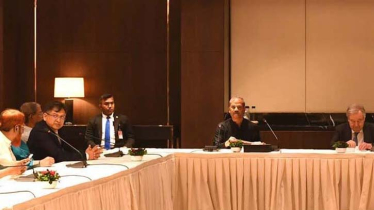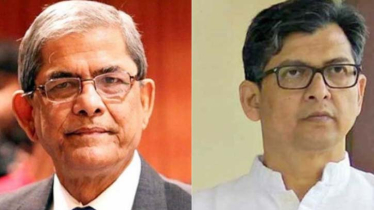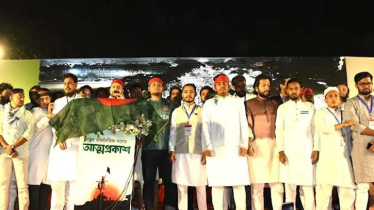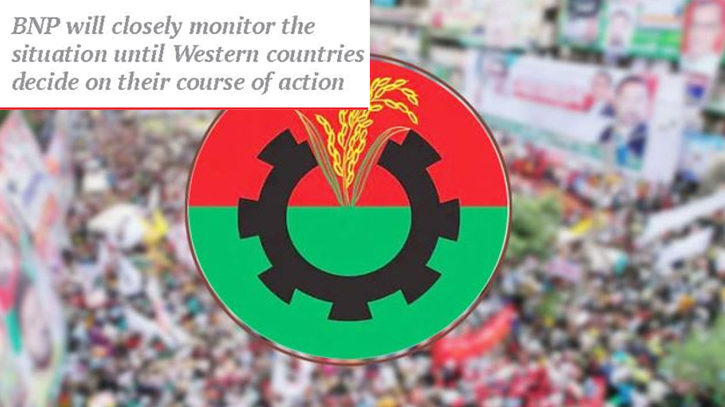
Photo : Collected
The Bangladesh Nationalist Party (BNP) and its allied parties, despite launching a one-point movement to topple the government, find themselves unsuccessful after approximately seven months of street protests.
As the Awami League overlooks the protests, they have successfully formed the government for the fourth consecutive time under the leadership of Sheikh Hasina through a decisive victory in the twelfth national parliamentary election held on January 7. The burning question now is: What steps will the BNP take in response to this situation? Will the party opt for another prolonged period of protests? Such queries are circulating among party members and activists.
In the backdrop of the 'one-sided' national parliamentary elections, the BNP sees the public's 'boycott of votes' as a primary victory for their movement. Opposition leaders claim that ordinary citizens refrained from voting in response to the BNP's call, resulting in a voter turnout of 8 to 10 percent. As a response to the 'one-sided' election, the party plans to urge residents to reject the newly formed government.
However, they have announced their intention to avoid hardline tactics such as strikes and blockades this time. Instead, the strategy involves organising rallies, processions, and engaging in public communication. Simultaneously, legal battles will be waged for the release of party leaders and workers currently detained.
The acceptability of this election has already been questioned by powerful entities, including the United Nations, the United States, the United Kingdom, and Canada.
BNP leaders argue that polling centres remained empty throughout the day. The surprising '41 percent' vote share has caused astonishment both nationally and internationally. Despite a sudden surge in votes in the final hour, reaching a 14 percent voter turnout, the party believes the nature of the silence during that hour is evident to everyone, leading them to doubt the acceptance of the election.
Concerned about potential international criticism, particularly from the United States and Western allies, the BNP anticipates applying various pressures against the government. The party will closely monitor the situation until Western countries decide on their course of action.
In a meeting with political alliances, BNP's acting chairman, Tarique Rahman, and senior leaders decided to continue ongoing protests without interruption. Additionally, a proposal has been made to unite all parties present on the streets for future demonstrations.
After a lengthy meeting of the BNP's standing committee following the twelfth national parliamentary elections, Dr. Abdul Moin Khan, a committee member, expressed that if the Awami League attempts to prolong its power through undemocratic means, they will be regarded as illegitimate not only by the people of Bangladesh but also by democratic societies around the world.
“We will continue our peaceful and democratic movement until a responsive government, elected by the people's will, is established,” Moin said.
Ruhul Kabir Rizvi, BNP's Senior Joint Secretary General, declared that the party did not participate in the election, considering it a farce that was rejected by the people of the country.
He stated that their movement will persist until real democracy and voting rights are restored, and the people will continue to resist autocratic rule until their struggle is victorious.
Messenger/Disha

